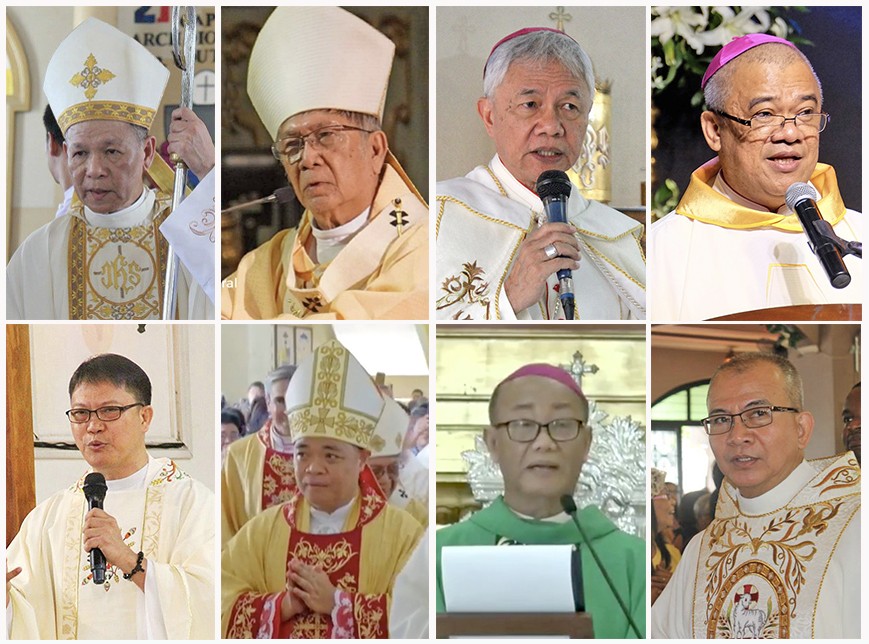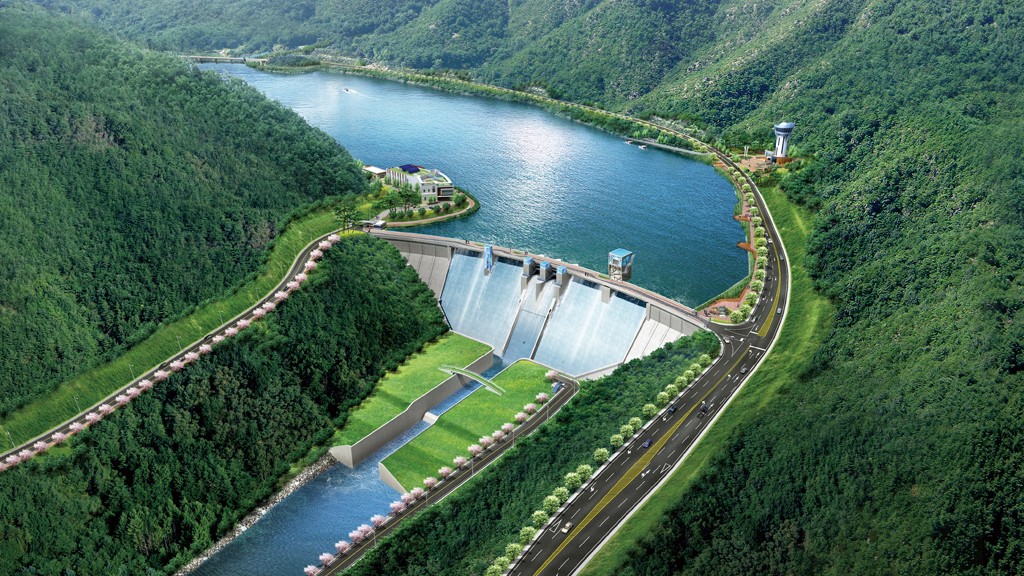
At least eight Catholic bishops from the central Philippines have condemned the killings and arrests of indigenous peoples who opposed the construction of a mega dam in their ancestral lands.
In a pastoral letter released on Friday, January 15, the bishops called on the government to immediately launch an independent investigation into the incident to prevent more bloodshed.
They urged the government to “listen to the legitimate cries of the Tumandok (tribal people) against the construction of the Jalaur mega dam.”
“We call on everyone to be highly vigilant in defending the sacredness of life and in respecting and protecting the rights of all,” read the bishops’ pastoral statement.
Army and police officials claimed that they killed nine and arrested 17 guerrillas of the communist New People’s Army in the provinces of Iloilo and Capiz on December 30.
Human rights groups and families of the slain disputed the government report, saying most of the victims were executed in the style of “drug war” killings.
“Some of the victims were farmers and members of the indigenous people’s tribe,” read an earlier statement issued by the Archdiocesan Social Action Center of Capiz.
Call for an investigation
The archdiocese called on authorities to press on with the investigation “so that justice will be served.”
The bishops also urged everyone to “contribute whatever we can to stop the killings; respect the rights of people to live in peace; and stop the militarization of the [tribal] communities.”
To protect the police against false accusations, the bishops also asked that they be required to use body cameras during police operations.
“This will also protect the civilians from the use of violence or abuse of power such as planting of evidence, illegal arrest and even killings,” said the prelates.
They said they “share the griefs and anxieties” of the Tumandok tribe.
The church leaders expressed concern for those arrested and their families as they “empathize with the fear and insecurities of those displaced by the atrocities.”
The bishops lamented that “little or nothing at all has been done to do justice” to the victims who only expressed their opposition to a project that they believe would destroy their land.
Those who signed the statement included Cardinal Jose Advincula of Capiz, Archbishop Jose Lazo of Jaro, and Bishops Marvyn Maceda of San Jose de Antique, Patricio Buzon of Bacolod, Gerardo Alminaza of San Carlos, Louie Galbines of Kabankalan, Jose Corazon Tala-oc of Kalibo, and Narciso Abellana of Romblon.
The pastoral letter will be read in all Masses in all churches of the Western Visayas region on January 24.

Delayed project
The implementation of the second phase of the Jalaur River Multipurpose Project, of JRMP II, which is partly funded by South Korea, has been stalled for more than three decades already.
The project is funded through an 8.95-billion-peso official development assistance from the Korean government’s EXIM bank and the Philippine government’s counterpart fund of 2.2 billion pesos.
The government said the mega dam project could boost declining agricultural productivity in the region that has suffered in recent years due to poor infrastructure.
When completed, the mega dam would be the biggest outside the country’s main island of Luzon.
JRMP II was first implemented in the 1960s after the fourth Congress passed Republic Act 2651 which provided for the construction of the JRMP in Iloilo.
Its first phase was completed in the 1980s but its second phase was derailed due to lack of funds.
JRMP II includes the construction of a 109-meter Jalaur high dam, a 38.5-meter afterbay dam, a 10-meter Alibunan catch dam, a 80.74-kilometer high line canal; generation of new areas for irrigation; and rehabilitation of existing irrigation system.
When fully completed, JRMP II is expected to increase Iloilo’s annual production of rice to 300,000 metric tons from 140,000 metric tons, thereby contributing to the country’s rice production target of 7.6 percent.
Source: Licas Philippines
0 Comments